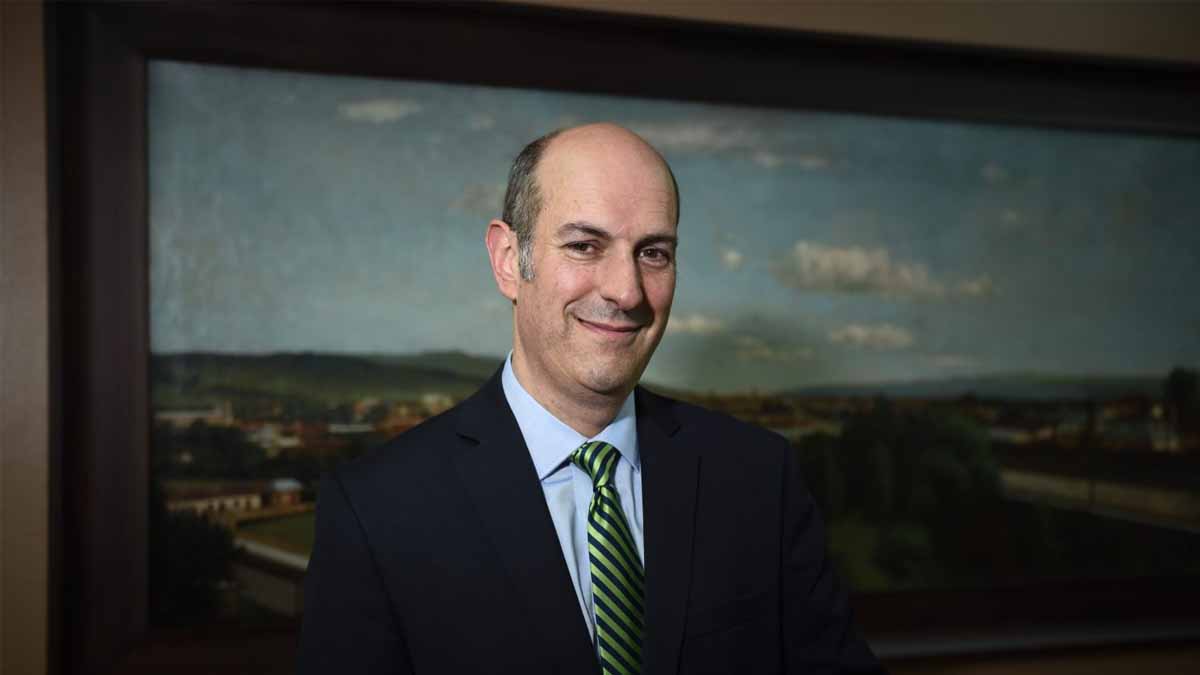
The creation of a “National Guarantee Fund” is one of the proposals that both the private sector and the Executive Branch qualify as viable to reactivate the granting of credits to save companies hit by the Pandemic.
It would be a fund made up of resources with one or more loans from international organizations, which would be transformed into guarantees, to which banks and other financial entities could resort, to help their clients. The idea is to more easily provide financing for working capital and to reset the debts of companies and households affected by the crisis caused by COVID-19.
During the presentation of the review of the 2020-2021 Macroeconomic Program, the president of the Central Bank, Rodrigo Cubero, announced that the Executive and the country’s financial authorities are working on the design of a bill with a proposal for the formation of the fund. He explained that the guarantees seek to reduce the credit risk received by financial intermediaries, in order to facilitate credit to households and companies, in better conditions of interest rates and terms.
Cubero, as well as Alberto Dent, president of the National Council for Supervision of the Financial System (Conassif) and the Minister of Planning, Pilar Garrido, participate in the analysis group. This proposal is also part of the list of recommendations that a group of citizens presented to the authorities to advance economic recovery.
How does a “National Guarantee Fund” work?
The fund would be created with resources from one or more loans with multilateral organizations. It would be put into a trust for two main purposes:
- Provide resources to state banks (through the purchase of bonds) to make loans to companies that help finance working capital.
- Grant guarantees on the expected losses of a credit portfolio, according to the risks of each economic activity.
The second component is the one that would allow many companies hit in their finances by the crisis to have access to salvage financing.
“For example, if the historical losses in the activity of Tourism have been 5%, the fund could guarantee entrepreneurs in that sector a percentage of the expected loss, with which a fund of $ 100 million could guarantee up to $ 1,000 million and thus the affected credit portfolio could be covered in the financial system, commerce, transport and tourism”, explained the economist Gerardo Corrales, one of the signatories of the citizen charter, which has a similar proposal.
Banks could also readjust existing credit portfolios, giving companies a grace period on interest and capital, so they can go through the crisis and then a longer period for repayment, depending on the behavior of their sales. “Companies would be given oxygen. It would take the pressure off from credit attention and allow banks to tighten their guarantees. On the other hand, the companies’ commitment would be to maintain or increase employment, as working capital is released,” added Corrales.
The guarantees would serve for the General Superintendence of Financial Entities (Sugef) to take them as risk mitigators, so that the banks can maintain convenient rates for the debtors. “A National Endorsement Fund would have the great benefit of bringing together entrepreneurs, banks and employees to provide peace of mind, reinforce cash flows and allow resources for payrolls, raw materials and others,” added Corrales.
Beneficiaries would not be exempt from conditions: they must demonstrate that before the Pandemic they had a good risk rating, satisfactory past due behavior and that their projects or companies will continue to be viable in the medium and long term.
Stagnant credit
The implementation of a guarantee fund would also allow reactivating credit to the private sector, which was already growing at a very low rate before the Pandemic and practically stopped with the crisis. Cubero, president of the Central Bank, explained that this phenomenon has been observed for several years and that even credit to the private sector has been growing more slowly than production.
“Credit demand has remained relatively low in these two and a half years. Above all, this response from economic agents (households and companies) is expected in this Pandemic. There is so much uncertainty that the demand for credit is reduced, ” Cubero said. Despite this, Cubero believes that in the coming months there could be a greater demand for new loans, as well as readjustments and extensions of existing credits, for which the guarantee fund would take a relevant role.
“We do not rule out that there may be a certain precaution on the part of financial institutions, in an environment of high uncertainty. So here it is essential to make resources available to the financial system. At the moment there is liquidity, but we can put more resources in better conditions of term and interest rate, so that they can channel them to the private sector,” he said.
A line of credit that the Central Bank is planning to institute with these guarantee programs will be very important, because in effective terms this would reduce the risk for financial intermediaries of giving credit to private sector entities that have been affected by the pandemic. The expected result is that households and companies have access to resources that allow them to get out of the crisis more easily.
Helping transition your life to live anywhere
